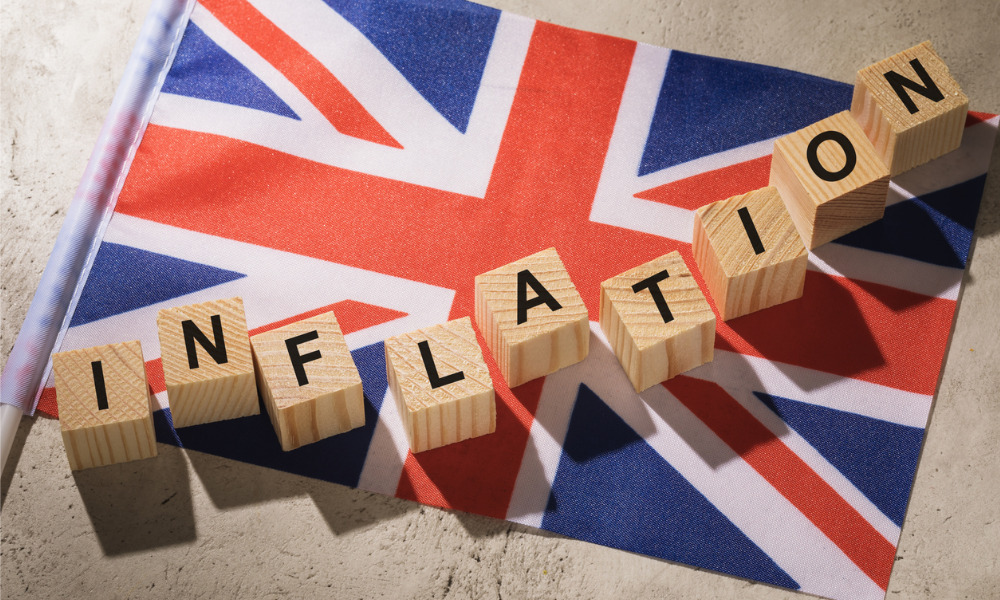Is it time for the BoE to lower rates?

Annual inflation in the UK was 10.1% in March, down from the 10.4% recorded in February.
Latest Consumer Price Index (CPI) figures from the Office for National Statistics (ONS) showed a 0.8% rise, compared with the 1.1% increase a year ago.
ONS said the largest downward contributions to the monthly change in the CPI annual rate came from motor fuels, and housing and household services, particularly liquid fuels.
The UK’s statistics authority also reported that this was partially offset by upward contributions from food, and recreation and culture.
Annual inflation has slowed following a rise in Feb 2023:
— Office for National Statistics (ONS) (@ONS) April 19, 2023
▪️ Consumer Prices Index including owner occupiers’ housing costs (CPIH) rose by 8.9% in the 12 months to Mar 2023, down from 9.2% in Feb 2023
▪️ CPI rose by 10.1%, down from 10.4%
➡ https://t.co/xKfB2k07mc pic.twitter.com/Ab0eVpqiiN
“Inflation eased slightly in March, but remains at a high level,” Grant Fitzner, chief economist at the Office for National Statistics, commented.
“The main drivers of the decline were motor fuel prices and heating oil costs, both of which fell after sharp rises at the same time last year. Clothing, furniture, and household goods prices increased, but more slowly than a year ago.
“However, these were practically offset by the cost of food, which is still climbing steeply, with bread and cereal price inflation at a record high. The overall costs facing business have been largely stable since last summer, although prices remain high.”
Will the BoE stop hiking the base rate?
Oliver Rust, head of product at independent inflation data aggregator Truflation, remarked that while a fall in inflation is better than a rise, today’s numbers are no cause for celebration.
“The latest data shows UK CPI holding above 10% at 10.1%, overshooting analysts’ expectations for a fall to 9.8%,” he said. “This follows a surprise rise in the February inflation numbers to 10.4%, which was an unwelcome shock for a country already reeling from months of rising living costs.
Rust added that while the Bank of England (BoE) is likely to be cautious in the face of shaky economic conditions and a narrowly averted banking crisis, they are unlikely to see this marginal decline as an opportunity to stop hiking interest rates.
“With inflation close to the 10% mark, we expect to see another 25-basis-point hike next month, taking the base rate to 4.5%, before the BoE considers a pause,” he said.
Jamie Lennox, director at Norwich-based mortgage broker Dimora Mortgages, agreed that with inflation remaining in double digits and not slowing anywhere near as fast as forecast, a further base rate increase in May is very likely.
“Although it is positive that there has been a slight reduction, it will likely be seen by the Bank of England as too soon to take the foot off the gas with base rate increases,” he said.
Adam Oldfield, chief revenue officer at Phoebus Software, was, however, hoping that the BoE will sooner rather than later take its foot off the interest rate accelerator.
“As ever, we waited with bated breath for the latest inflation figures, any news that may mean the Bank of England takes its foot off the interest rate accelerator would be good for the housing market,” he said. “The news today, coupled with the fact that GDP is still not in decline, could well be the catalyst we have all been hoping for.”



